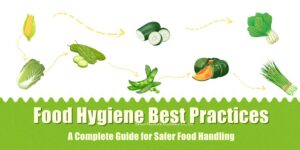If you’re a lover of heat, flavor, and entrepreneurship, then starting your own chilli paste business might just be the hot idea you’ve been looking for. With global demand for spicy condiments growing at a fiery pace, now’s the perfect time to get into the chilli game.
Whether you’re a home cook with a killer recipe or a savvy entrepreneur eyeing the next gourmet trend, this guide will walk you through how to turn your passion into profit.
Why Start a Chilli Paste Business?
Before diving into the how-to, let’s answer the why.
- High Demand: Hot sauces and chilli pastes are thriving in global markets. From Asian sambals to Mexican salsas and African peri-peri blends, people crave heat.
- Low Startup Cost: Compared to other food businesses, starting a chilli paste brand can be relatively affordable.
- Creative Freedom: From mild garlic-chilli blends to ghost pepper knockouts, you can tailor products to unique taste profiles.
- Export Potential: Chilli paste is shelf-stable and export-friendly, opening up global eCommerce opportunities.
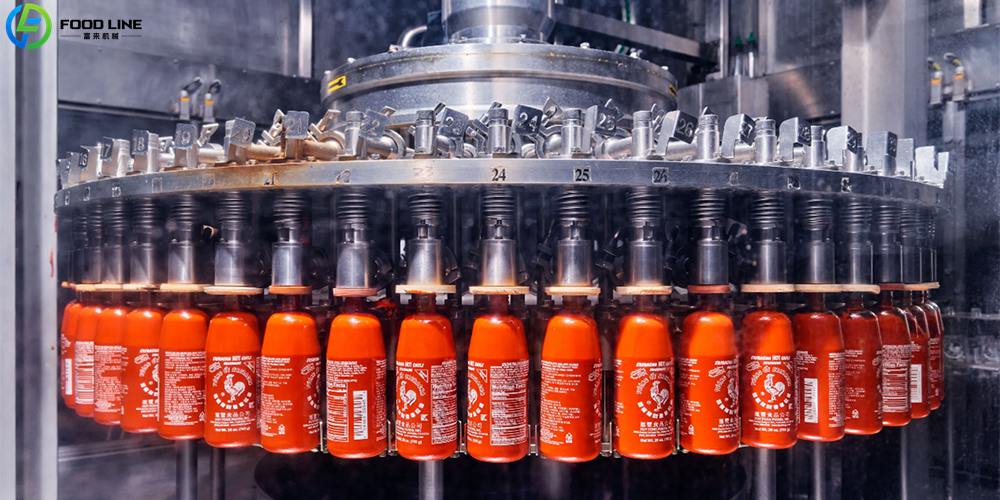
🔥 Step-by-Step Guide to Starting Your Chilli Paste Business
1. Perfect Your Recipe
At the heart of every successful chilli paste business is a standout recipe. Focus on:
- Flavor balance: Heat, salt, umami, acidity, and sweetness
- Texture: Smooth, chunky, or oil-based
- Unique twist: Local ingredients, secret spice, or a traditional family recipe
👉 Tip: Test different batches with friends and family. Ask for honest feedback and refine accordingly.
2. Conduct Market Research
Before investing in equipment or branding, understand your market.
- Who are your competitors? (Local and international)
- What makes your paste different?
- What price point fits your audience?
- Which distribution channels make sense? (Local markets, online sales, gourmet stores?)
Use tools like:
- Google Trends for keyword demand
- Amazon reviews to identify gaps in existing products
- Reddit and food forums for authentic consumer feedback
3. Create a Business Plan
Your chilli paste business plan should include:
- Product line (e.g., mild garlic paste, extra hot ghost pepper)
- Target market
- Pricing strategy
- Production plan
- Marketing & distribution
- Financial projections
- Licensing and legal requirements
4. Register Your Business & Get Licensed
Legal compliance varies by country, but here are common essentials:
- Register your business (LLC, sole proprietorship, etc.)
- Obtain a food business license
- Follow food safety and hygiene regulations (FDA in the US, FSSAI in India, etc.)
- Get your chilli paste lab-tested for shelf life and food safety
5. Set Up Production
You can start small in a certified home kitchen or rent a commercial space.
Equipment you may need:
- Chili washing machine, chilli grinder machine, etc
- Cooking kettles
- Sterilized jars or bottles
- Bottle filling machine (manual or semi-automatic)
- Labeling machine
As demand grows, consider automating with chilli paste processing machines for efficiency.
6. Packaging & Branding
First impressions matter, especially in a saturated condiment market. Focus on:
- Eye-catching label design
- Informative packaging (ingredients, spice level, best-before date)
- Eco-friendly materials
- QR codes linking to recipes or your brand story
Pro tip: Use a local graphic designer or tools like Canva or Fiverr to create budget-friendly branding.
7. Build an Online Presence
In today’s digital world, your online strategy is just as important as your recipe.
- Website: Build a simple eCommerce website (Shopify, Wix, WooCommerce)
- Social Media: Share recipe videos, spicy challenges, behind-the-scenes stories
- SEO: Optimize product descriptions with keywords like “best chilli paste,” “homemade hot sauce,” and “buy spicy condiments online”
Also, register on platforms like:
- Amazon
- Etsy
- Local food delivery apps
8. Marketing Strategies That Sizzle
To grow your chilli paste business:
- Offer free samples at local food fairs
- Partner with local chefs or food bloggers
- Run giveaways and spicy eating challenges on social media
- Encourage user-generated content and testimonials
🔥 Hot idea: Create a “Chilli Club” subscription box with monthly flavors or heat levels.
9. Scale Up
Once demand rises:
- Expand your product range (chilli oil, dry rubs, spice mixes)
- Explore international markets
- Outsource production to certified co-packers if needed
- Target restaurants and food service providers
🌍 Bonus: Can You Export Chilli Paste Internationally?
Yes, you can! Many chilli paste entrepreneurs find huge success overseas. However, you must:
- Meet international food safety standards
- Understand export regulations (check with local export boards or chambers of commerce)
- Use vacuum-sealed or shelf-stable packaging
💸 How Much Does It Cost to Start a Chilli Paste Business?
Here’s a quick breakdown of estimated startup costs:
| Expense | Estimated Cost (USD) |
|---|---|
| Ingredients (Initial batch) | $100 – $500 |
| Kitchen equipment | $500 – $2,500 |
| Packaging & labeling | $300 – $1,000 |
| Licensing & lab testing | $200 – $1,000 |
| Website & branding | $200 – $1,000 |
| Marketing & distribution | $300 – $2,000 |
| Total Estimate | $1,600 – $8,000 |
🔗 Related Resources:
- Chilli paste making machine for sale
- Tomato paste grinder machine for sale – Small Scale
❓ FAQs About Starting a Chilli Paste Business
1. Is a chilli paste business profitable?
Absolutely. With low production costs and high margins, you can scale profitably, especially through direct-to-consumer sales and exports.
2. How do I preserve chilli paste naturally?
Use vinegar, salt, and oil as natural preservatives. Pasteurization and airtight jars extend shelf life.
3. Can I sell chilli paste from home?
Yes, but check with your local health department for cottage food laws and certifications.
4. How long does chilli paste last?
Properly sealed and refrigerated, chilli paste can last from 3 months to over a year depending on ingredients and preservatives.
🌶 Final Thoughts
Starting a chilli paste business is a flavorful adventure. It combines culinary creativity with scalable business potential. Whether you’re bottling for farmers markets or aiming for global eCommerce, success boils down to a great product, savvy marketing, and spicy passion.
Ready to turn up the heat?
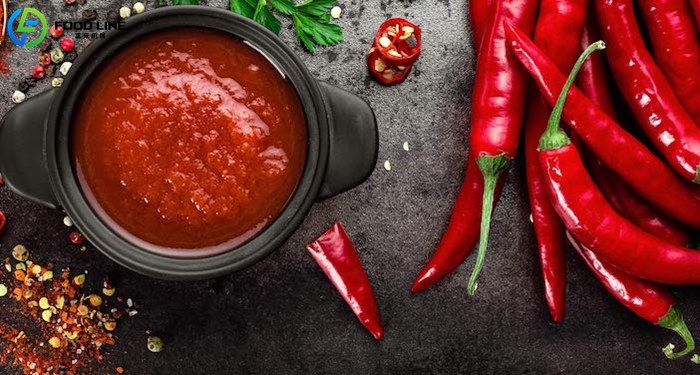
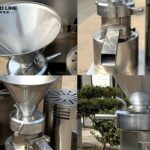

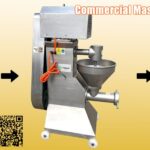
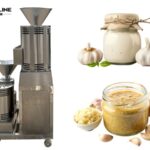
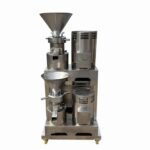





![Read more about the article Best Food Trailer for Sale on Amazon [2025 Ultimate Guide]](https://www.foodlinemachinery.com/wp-content/uploads/2025/12/custom-food-truck-300x143.jpg)
